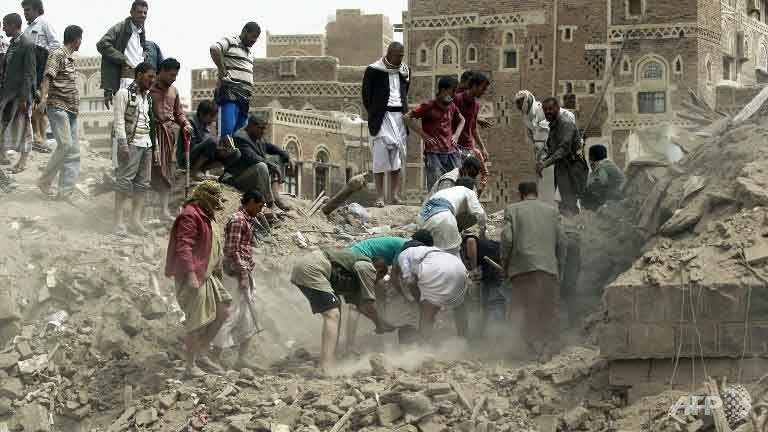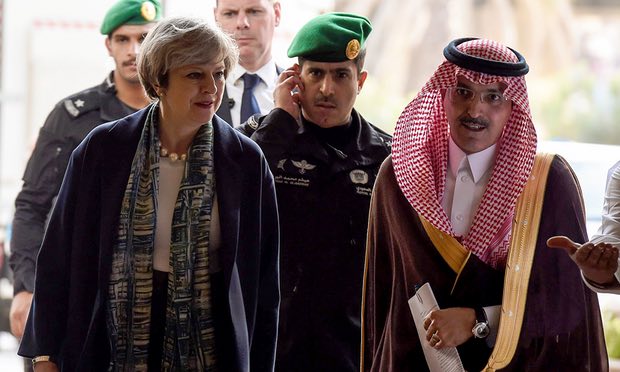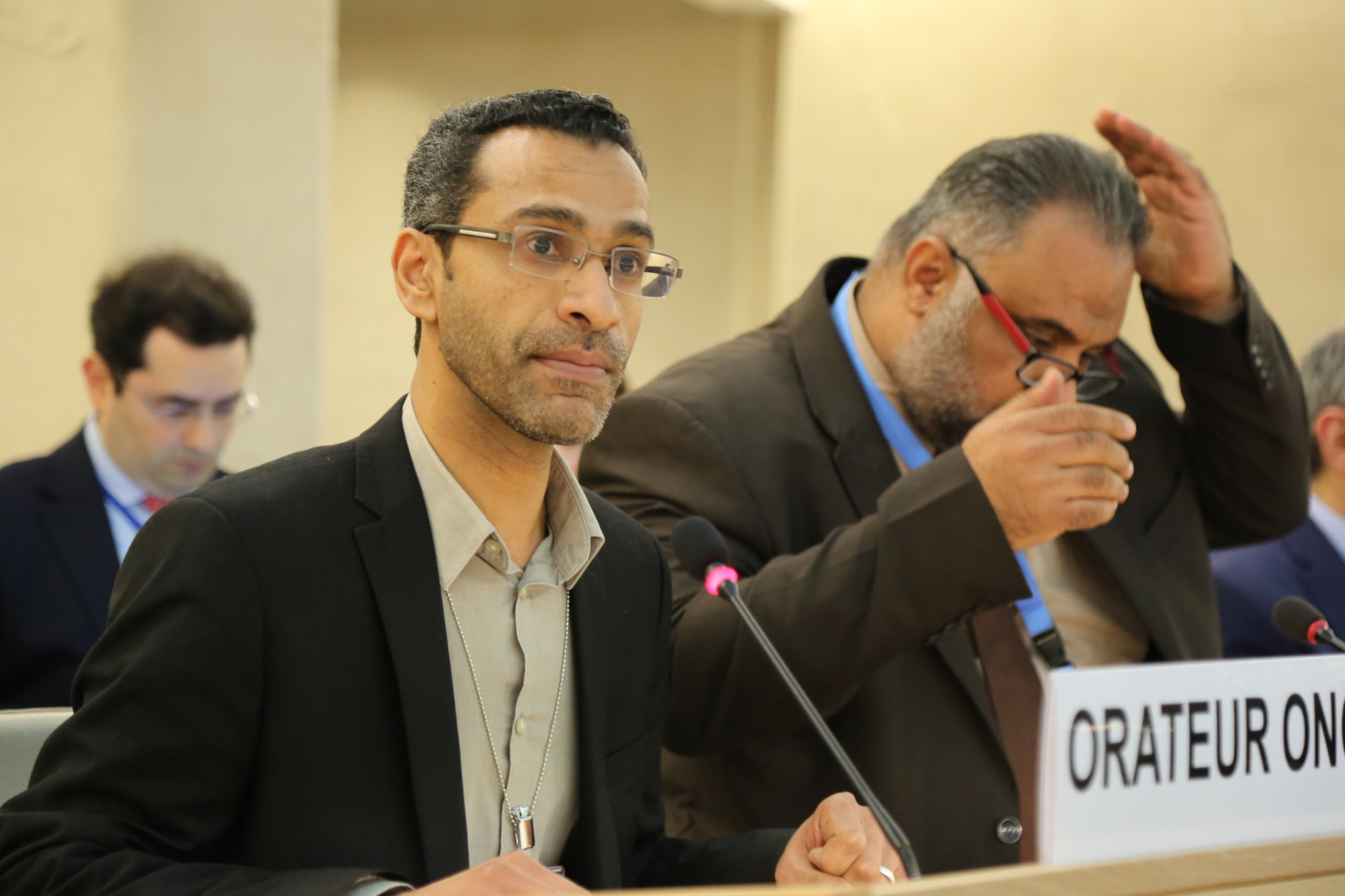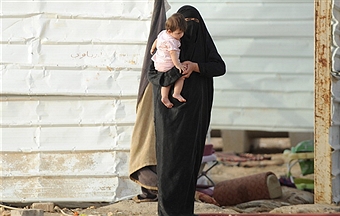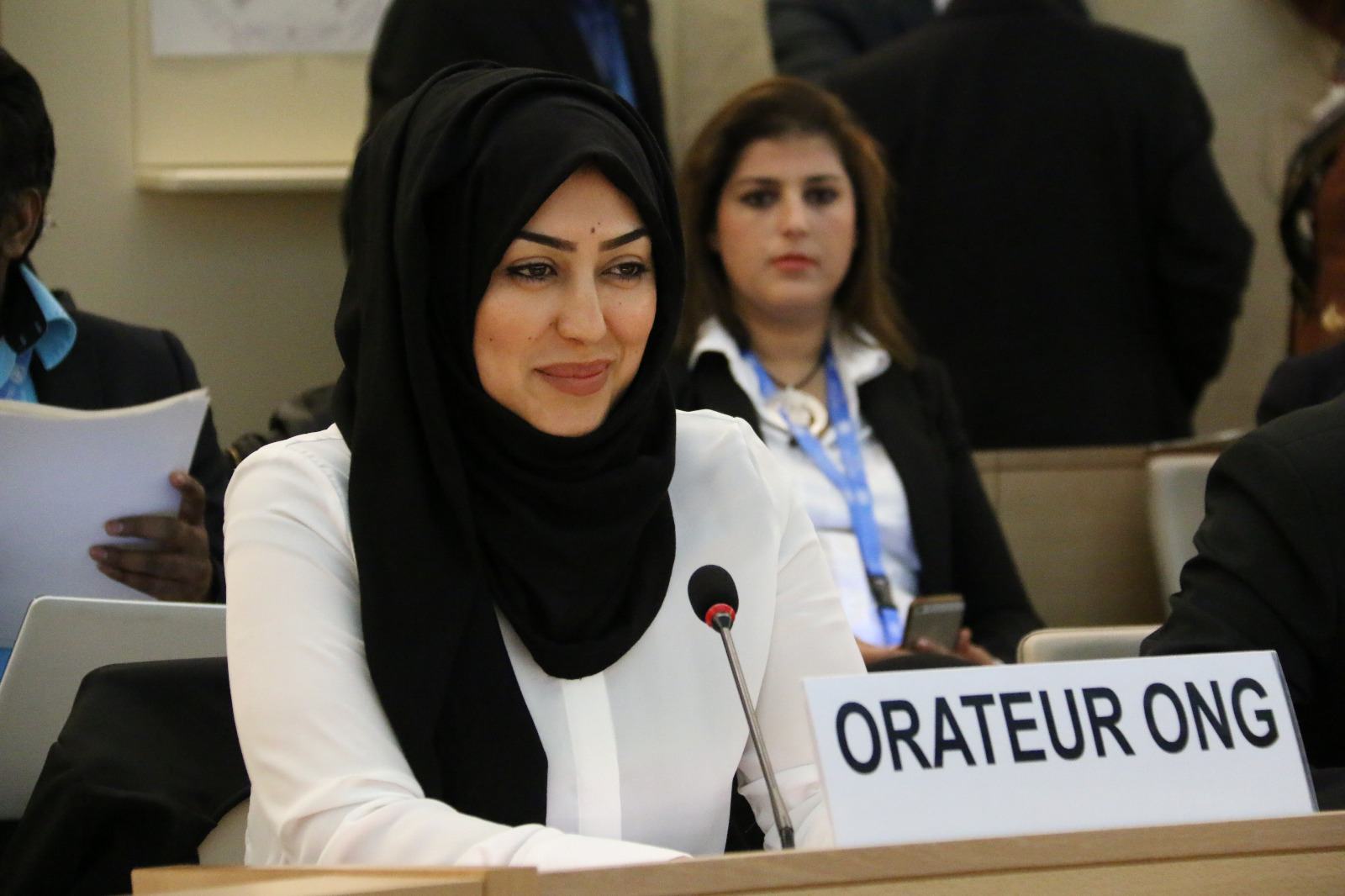On 3 April 2017, Prince Sultan bin Salman, chairman of the Saudi Commission for Tourism and National Heritage, urged support for the renovation of historic Jedda. He emphasized the importance of preserving cultural heritage sites, where “a large presence of citizens…are a remarkable indication that people long for the heritage of this country.” However, the[…]
5 April 2017 – UK Prime Minister Theresa May arrived in Saudi Arabia yesterday to begin a two-day visit to discuss security, trade, and investment with the Saudi regime. As this visit approached, Prime Minister May repeatedly sidestepped questions about human rights and largely demurred when prompted with questions over whether such concerns would be[…]
On 21 March 2017, Nader Almatrook delivered an oral intervention at the 34th session of the Human Rights Council under Item 9 on behalf of Americans for Democracy & Human Rights in Bahrain. In his intervention, Almatrook brought the Council’s attention to religious discrimination in Saudi Arabia, particularly against the country’s Shia Muslim minority population[…]
On 9 March 2017, the UN Human Rights Council (HRC) held a panel discussion on preventable maternal mortality and morbidity as a human rights priority for all states. In the dialogue that ensued, speakers and organizations spoke of healthcare as a human right, and sharply criticized policies and practices around the world that contribute to[…]
On 10 March 2017, Zena el-Esia of the European Saudi Organisation for Human Rights delivered an oral intervention in conjunction with ADHRB at the 34th session of the Human Rights Council. She participated in the Item #3 General Debate, delivering an oral intervention highlighting specific cases of concern relating to the death penalty and the use[…]


